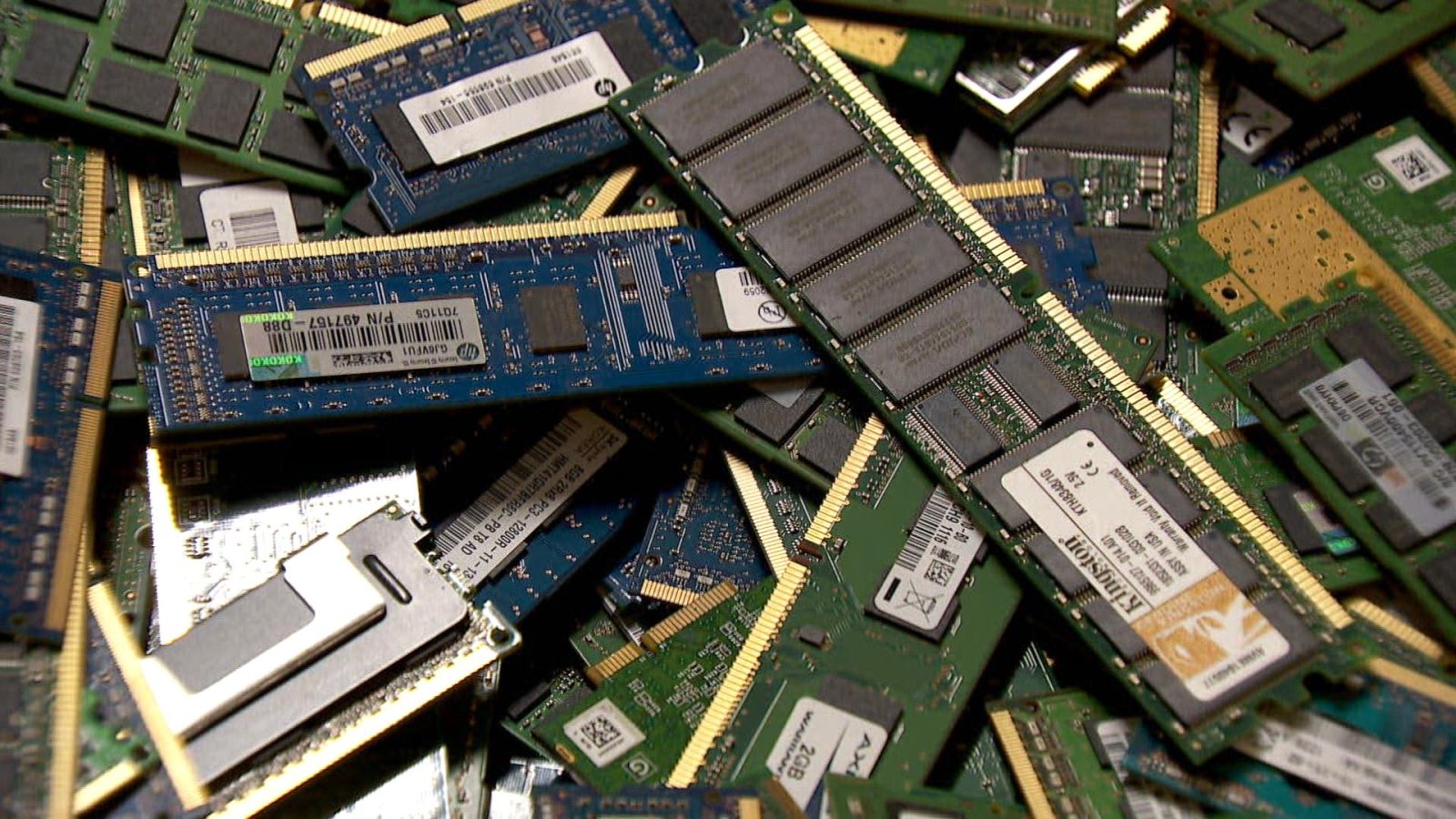E-Waste Bill Could Bring Expansion to Plymouth Business
State lawmakers were at a Plymouth business this week promoting a bill that could significantly reduce electronic waste.
If the bill is approved, electronics producers and retailers would pay for the cost of electronics collection and recycling upfront. That means they would likely raise prices, so consumers would pay for recycling at the point-of-sale.
But, those same consumers wouldn’t have to pay to drop-off their e-waste at collection sites.
A statewide 3.2 percent fee would pay for the recycling. Supporters at the organization Recycling Electronics for Climate Action argue the new fee would be lower than current costs to drop e-waste at recycling sites.
“We know that right now we’re collecting only about 20 percent of our e-waste, and we need to get to 100 percent to really drive the electronics industry and make sure that folks, like these folks here, have something to recycle,” said Rep. Athena Hollins, DFL-St. Paul, while touring Global Ewaste Solutions in Plymouth. “Right now, our electronics are either going into landfills, which is polluting our ground water, or they are being incinerated, which is creating air pollution. And so it’s important for us for our health and wellbeing to get those out of the traditional waste stream.”

State lawmakers were at a Plymouth business this week promoting a bill that could significantly reduce electronic waste.
Business Expansion?
Global Ewaste Solutions is a business-to-business company that recycles and resells electronics.
They took public officials on a tour of their facility, saying they could potentially expand their model to include recycling for the general public if this bill is passed.
” You know, I think it’s actually swaying us to accept public materials,” said Dave Potter, managing partner at Global Ewaste Solutions. “We have the certification, we have the space, we have the throughput and a better understanding of the need more so now than ever. And I do think it will result in some additional jobs.”
Potter said the bill could help reduce wasteful dumping.
“We really want to try to properly, sustainably recycle those materials,” Potter said. “The other thing is, it [could] really eliminate illegal dumping. There’s some rural areas, some spots it seems people find to just dump those materials. And it will give them an avenue to dispose of those materials in a way that protects the data. By completely eliminating the data, we basically make it easy for them to let go of that device.”
Minnesota Rep. Mike Freiberg, DFL-Golden Valley, signed onto the bill in late March.


